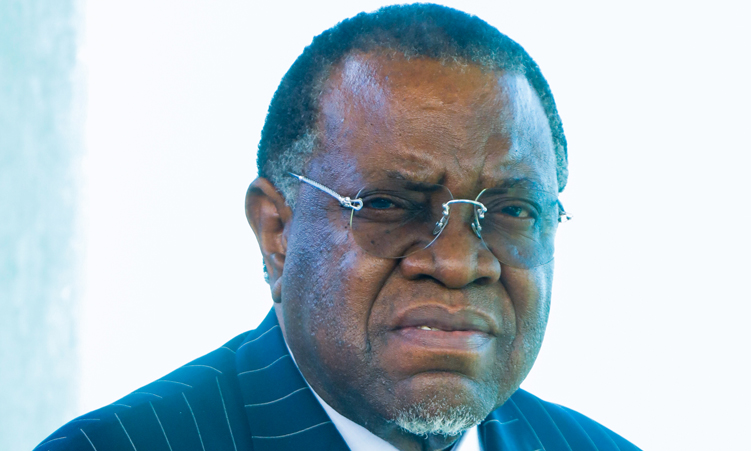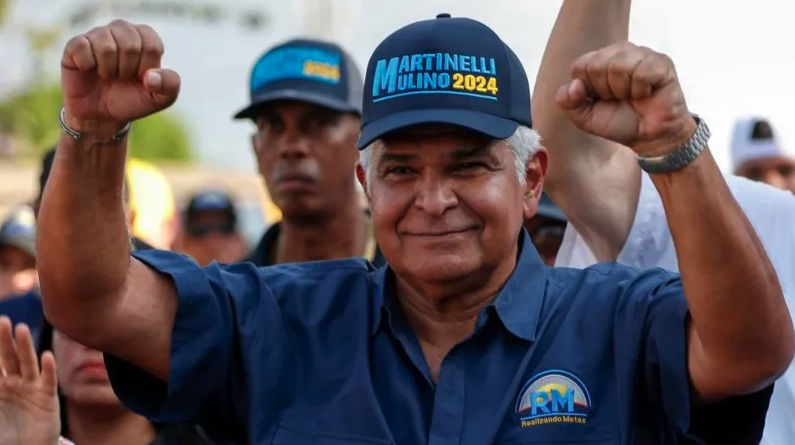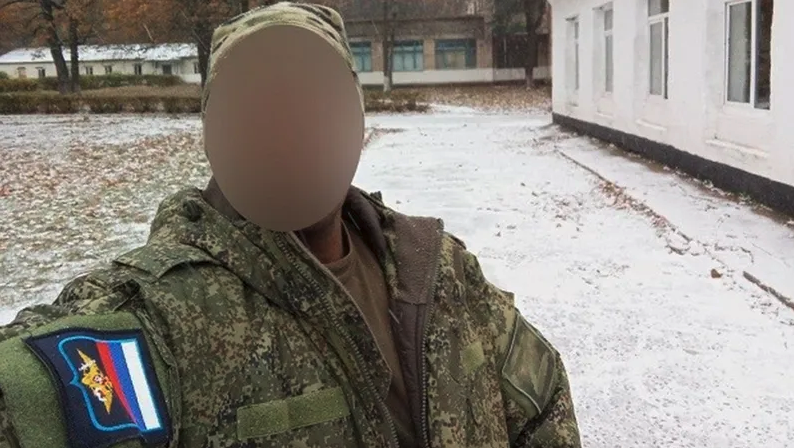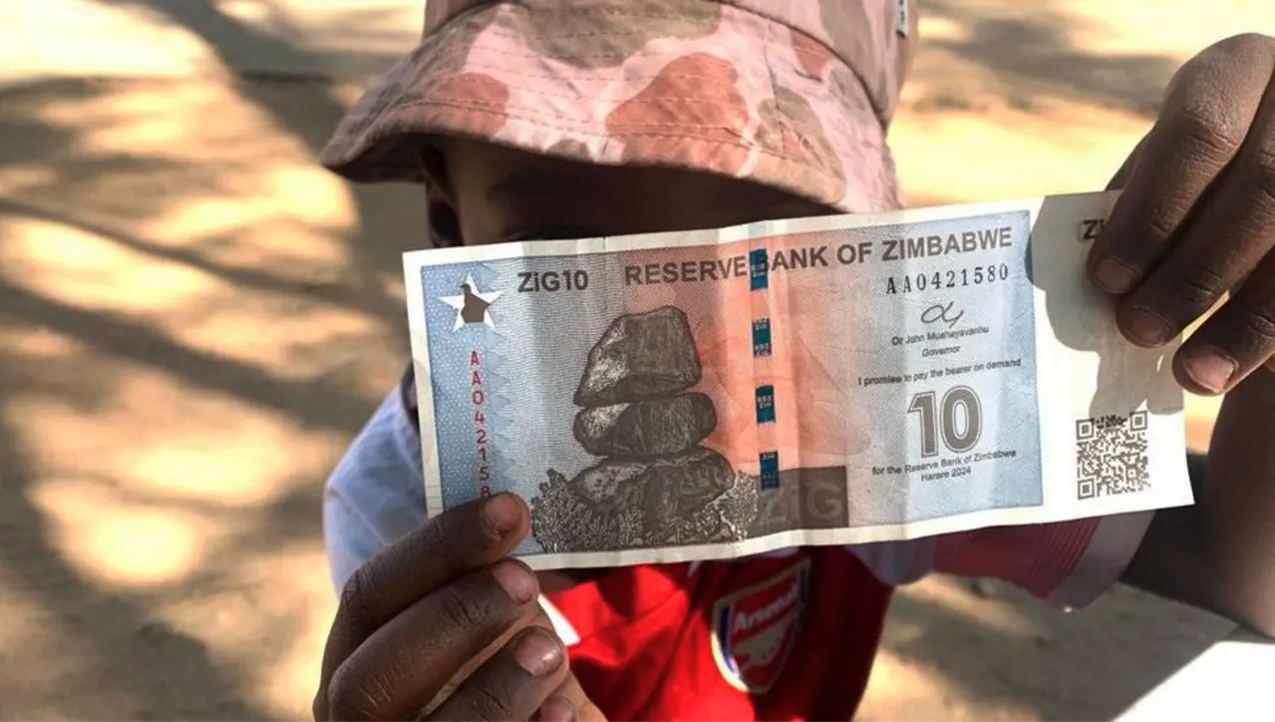President Hage Geingob has credited the Southern African Customs Union (Sacu) for the fall of the Peugeot assembly plant, saying this is why Namibia is struggling to industrialise.
Geingob was addressing the media yesterday in an effort to highlight the service delivery achievements of his administration during the past year.
“The other problem is Sacu. We are like beggars there. We cannot import. We cannot industrialise. Look at Peugeot, it is going down,” the president said.
French automaker Peugeot has filed a lawsuit against the government for its alleged failure to ensure that Peugeot’s joint venture, Peugeot Opel Assembly Namibia, would be exempt from excise and customs duties, taxes and levies for exporting vehicles assembled at Walvis Bay to other Sacu and Southern African Development Community (SADC) countries, according to the particulars of claim.
Peugeot signed an agreement in February 2018 with the Namibian government, represented by the Namibia Industrial Development Agency and the Ministry of Industrialisation and Trade, committing to support Peugeot’s investment in the country, the documents state.
“As long as the Sacu tariff issues are not going to be reconciled and democratically decided as we agreed … South Africa plays the game. We have to seriously look at the future of Sacu,” Geingob said.
Namibia raked in N$24,3 billion in Sacu revenue in the past financial year.
He said Namibia and Botswana are in agreement on this “serious problem”.
“When I was the minister of trade that time, we have been fighting with South African comrades about Sacu. Many countries like Zambia [and] others did not want to join it because it is a colonial artefact.
“But we joined it. We said ‘let’s restructure it’. So it can be a modern one,” the president said.
Since then, he said, they are making progress by agreeing on matters like interest rates.
“But as of now, it looks like South Africa has different plans. It is a serious problem,” he said.
Geingob believes it is unfair for Namibia not to be able to import cars directly from countries like Germany.
“We are suffering. We cannot import from outside. I cannot buy from Germany. You cannot buy it directly from Germany. Why? It must go to South Africa,” he said.
Namibia aims to industrialise through green hydrogen byproducts.
In 2017, then finance minister Calle Schlettwein said smaller Sacu economies should get a fair cut of the revenue from the collective pool of trade tax.
South Africa currently gets the largest share of the shared revenue.
All customs and excise duties collected in the common customs area are paid into the South African National Revenue Fund, after which it is shared among Sacu members.
APARTHEID INDUSTRIAL POLICY
Economist Omu Kakujaha-Matundu says no reforms are needed, but Botswana, Namibia, Lesotho and Eswatini (BNLE) should rather insist on the full implementation of the 2002 Sacu agreement.
“Apartheid South Africa used its captured markets, the BNLE, to industrialise and de-industrialise the other member states. The apartheid industrial policy served to produce an asymmetric relationship,” he says.
Kakujaha-Matundu says the 1994 SA government decided to pursue the ‘apartheid’ industrial policy seeing South Africa’s interests served better than the other member states.
“Despite the 2002 revised Sacu agreement, not much has changed. I think it is an unholy matrimony. But it beckons whether Namibia should leave Sacu, or find a better strategy to live within the customs union,” he says.
The economist urged the government not to get “too emotional” about it.
“But rather do a careful cost-benefit analysis. Besides not being allowed to import a Mercedes from Germany, what are the other benefits derived from being a member of Sacu?” he asks.
END OF YEAR
The president has also questioned the South African government’s unwillingness to address the issue of the Orange River.
Geingob said perhaps South Africa does not want to share the river’s resources.
“Why don’t South Africans want to follow international law? Maybe there are resources? Good ones. If that is the case, we can talk as brothers and sisters,” the president said.
The border along the Orange River, spanning approximately 600k, remains a point of contention between the two nations.
Namibia asserts a median line boundary for the river, whereas South Africa lays claim to the northern bank.
Stay informed with The Namibian – your source for credible journalism. Get in-depth reporting and opinions for
only N$85 a month. Invest in journalism, invest in democracy –
Subscribe Now!






